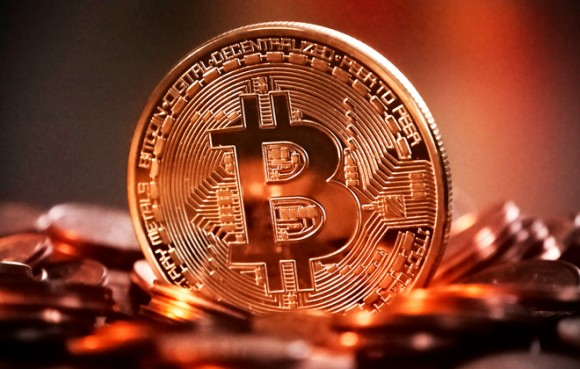
The Russian government wants to monitor all operations with cryptocurrencies: for this purpose, Rosfinmonitoring has signed a contract with Rambler's subsidiary, RCO. As planned, this system will give out information about transactions made from it by the number of a bitcoin wallet, mark suspicious wallets that can be used for criminal activities, and help identify their owners.
"Transparent blockchain"
In February of this year, Director of the Federal Financial Monitoring Service Yuri Chikhanchin, during a meeting with Vladimir Putin, informed the president about the creation of a service for tracking crypto transactions "Transparent Blockchain".
- Drug traffickers actively use electronic payment systems and cryptocurrency. Together with law enforcement agencies and the Academy of Sciences, we first developed a digital service that allows us to analyze cryptotransactions. This will give us the opportunity to track these transactions in cryptocurrency, and most importantly, we are now working out signs and criteria that in the general flow of transactions could show us where there is a crime, "Chikhanchin explained and added that thanks to the work of the "Transparent Blockchain" criminal cases have already been opened.
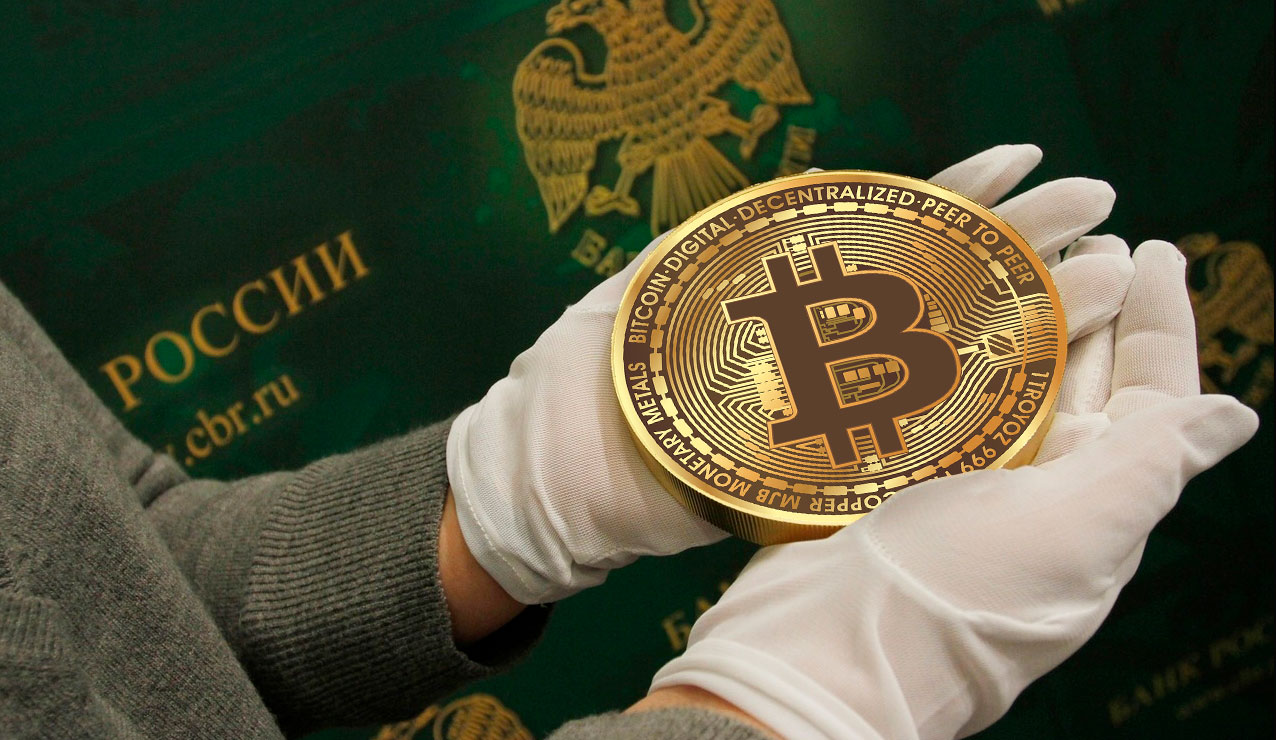
Back in August 2020, Rosfinmonitoring proposed to include "Transparent Blockchain" in the federal project "Artificial Intelligence". The prototype of the system was developed jointly with the Lebedev Physical Institute of the Russian Academy of Sciences, and, according to the management of Rosfinmonitoring, both the Ministry of Internal Affairs and financial intelligence of many countries have already become interested in it.
In a letter from Rosfinmonitoring to the deputy head of the Ministry of Digital Development Maxim Parshin, it was stated that
"virtual assets, including various systems of cryptocurrencies, are used by criminals in a variety of illegal schemes: drug trafficking, tax evasion, cybercrime, contract killings, selling information from closed databases, financing extremism."
A "transparent blockchain" should track transactions using Bitcoin, Ethereum, Omni, Dash, and Monero. Government agencies, the Bank of Russia, and financial organizations could use the service.
This summer, Rosfinmonitoring made another announcement about "work on creating a module for monitoring and analyzing cryptocurrency transactions using bitcoin" and found a contractor for them.
The development cost will be 14.7 million rubles, the module will be built until November 11, and its operation will begin on December 12. The platform will have to maintain a database of bitcoin wallets and assess the likelihood of their owners participating in criminal activities. Information about the wallet should include data about the owner, the number of transactions associated with the wallet, the amount of BTC in the account, balance dynamics, and other items that will allow calculating the risk of abuse using its own scale developed by Rosfinmonitoring.
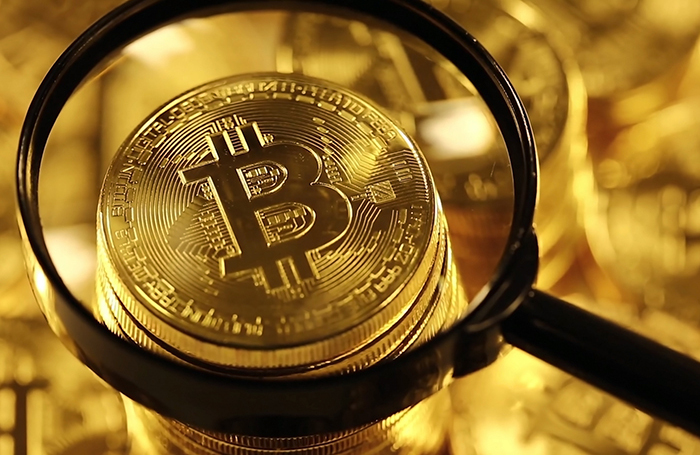
The contractor of the contract was the IT company RCO, 51% of which is owned by Rambler Internet Holding LLC, which has been owned by Sberbank since 2020. RCO calls itself "the leader of the Russian market in the field of computational linguistics and unstructured information processing"on its own website. Among its previous developments are analytical systems for monitoring blogs and mass media, finding facts in BIG DATA, and fighting corruption. However, nothing was previously known about RCO's participation in projects related to blockchain technologies.
Rosfinmonitoring did not clarify whether there is any connection between the new development and the Transparent Blockchain system. RCO claims that they will create their product code from scratch.
Chain analysis
Abroad, the system that Rosfinmonitoring wants to develop has long had analogues. Cryptocurrency transactions themselves are not nearly as secret and anonymous as it may seem to an inexperienced user. There is specialized software that allows you to track the movement of coins to some extent, and calculate the person to whose wallet they were received. Thanks to this software, attackers who hack cryptocurrency exchanges or steal bitcoins from someone's wallets have not felt completely safe for several years.
The largest of the companies providing services of this kind is the American Chainalysis. Its clients include the FBI and other U.S. government agencies, major financial organizations, and cryptocurrency exchanges. The tools developed by Chainalysis help fight money laundering, network fraud, and other cybercrimes.
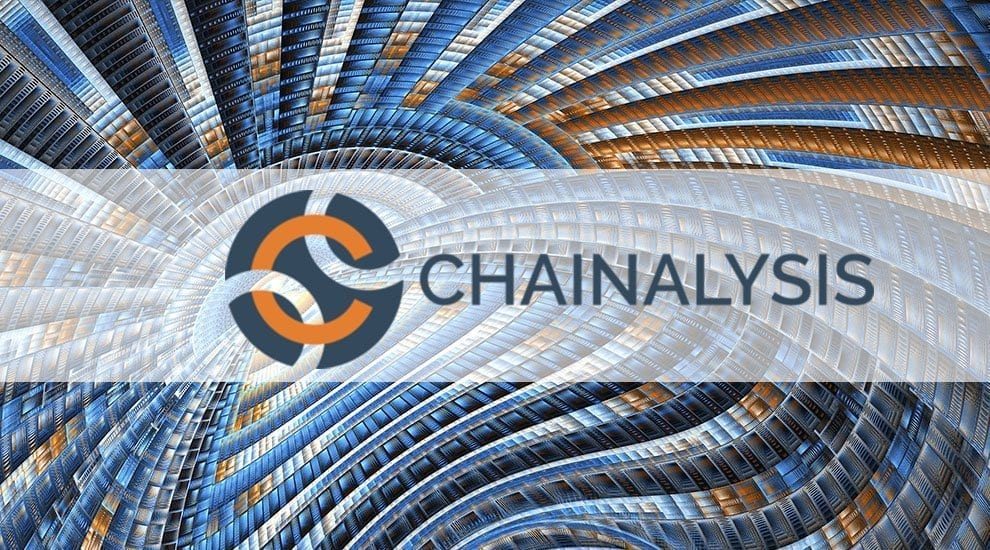
How is this technically possible? Bitcoin, Ethereum, Litecoin and other popular cryptocurrencies are based on public open blockchain technology. This means that every user action with cryptocurrency is permanently stored in blocks in the form of transactions, and this information can be viewed by anyone. Chainalysis analyzes it using its own programs. Now the company's tools allow you to track the flow of coins in more than a hundred blockchains, which covers 90% of transactions in the crypto market.
Of course, the owners 'personal data is not written on cryptocurrency wallets, but there are still ways to associate them with a specific person (usually this process is called "clustering"). In addition, if a certain wallet is "lit up" due to fraud or hacker attacks, Chainalysis can mark it so that exchanges know that illegally obtained funds are being spent through them.
The history of Chainalysis should start with the fact that in 2014, the administration of the largest cryptocurrency exchange at that time, the Japanese Mt. Gox, announced that hackers stole more than 650,000 BTC from the platform (~$0.5 billion at the exchange rate at that time). 49-year-old Michael Gronager, who worked as the operating director of the Kraken cryptocurrency exchange, suggested that it was quite possible to track down the attackers who did this.
Already in 2015, Chainalysis gained notoriety for helping to capture two FBI agents who embezzled some of the bitcoins confiscated after the SilkRoad trading platform closed.
Two years later, Jonathan Levin announced at a hearing of the US House of Representatives that his company had managed to track the path of the very cryptocurrency stolen on Mt.Gox. Its end point was the BTC-E trading platform, owned by Russian Alexander Vinnik. In July 2017, Vinnik was arrested in the United States and charged with stealing bitcoins and laundering them using BTC-E.
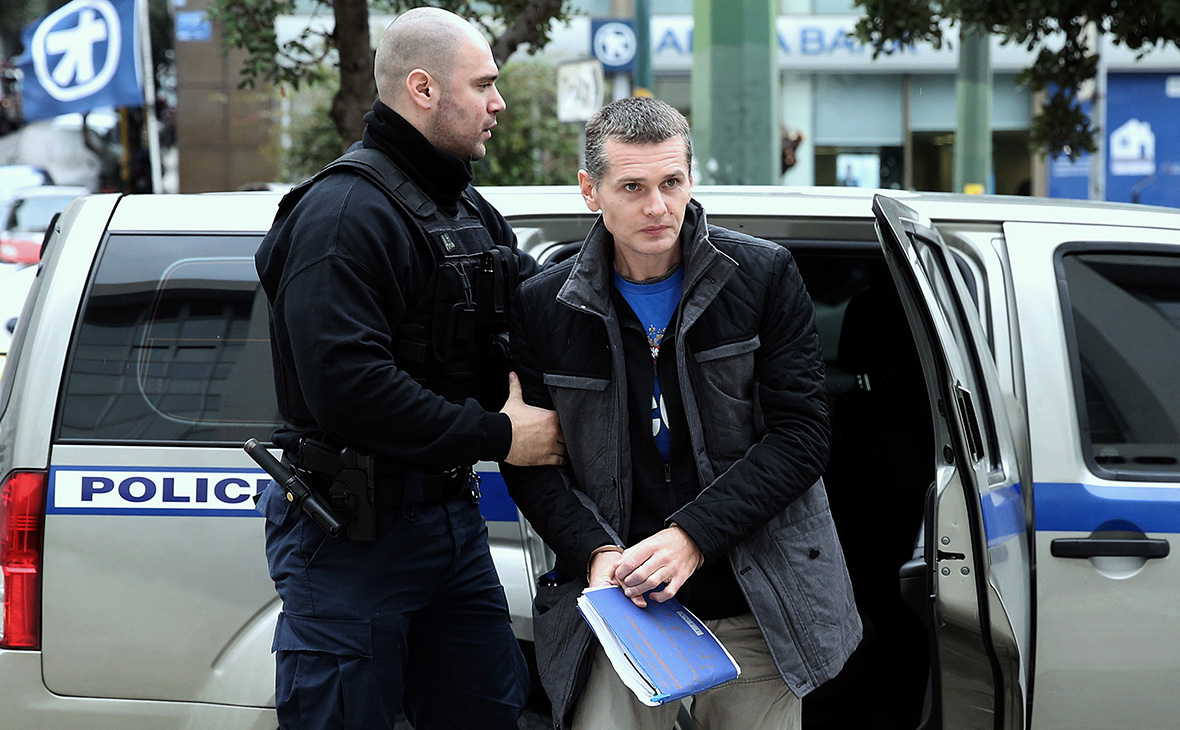
In 2018, Chainalysis helped the Dutch police eliminate the Hansa darknet market and arrest its administrators involved in drug trafficking. In June 2021, the capitalization of Chainalysis reached $ 4.2 billion. Michael Gronager was proud to admit that two-thirds of their profits came from government contracts.
Not everyone is enthusiastic about Chainalysis activities. It is regularly accused of undermining the privacy of users and even says that the work of Chainalysis is hostile to the entire crypto community, because the ability to track transactions contradicts the very meaning of the existence of cryptocurrencies.
"Privacy doesn't mean you can't track money and find potential criminals," Gronager says. - The origin of transactions and real users of wallets are still hidden. If we start an investigation, there will probably be leads that can solve them, but to do this, you need to cooperate with law enforcement agencies.

Jonathan Levine said in an interview that bitcoin can be used "for both good and bad purposes," and he would not like North Korea to be able to finance the development of nuclear weapons thanks to cryptocurrencies. However, when an interviewer asked him if he would like to live in a world where the US government would be able to track all transactions using cash, the co-founder of Chainalysis found it difficult to answer.
In the summer of 2020, the US Secret Service also announced that it had signed a contract with the popular cryptocurrency exchange Coinbase to use their software to track transactions and prevent crimes. Members of the crypto community reacted negatively to the news about Coinbase's cooperation with the special services.
"Samurai" on guard of the blockchain
How realistic is the creation of such a system in Russia? According to the development director of the EXMO crypto exchange, Maria Stankevich, bitcoin transactions pass over an unencrypted connection, which allows you to track the sender's IP address.
"Knowing the IP address, it is not difficult to find out personal data: Internet service providers are required to store this information even after the contract is terminated. The owner's time zone can be determined by the wallet activity, " says Stankevich.
Senior Analyst BestChange.ru Nikita Zuborev claims that even in blockchain systems with high privacy like Zcash and Monero, transaction participants can be tracked if desired. It is often possible to restore the transfer chain by knowing the time and size of the transaction. This is also facilitated by the fact that users of such blockchains often forget about security measures, thinking that their anonymity is already reliably protected.
According to an alleged Chainalysis employee who hosted a Q & A session on the Reddit forum in 2019, using Wasabi or Samourai wallets is a reliable way to ensure anonymity. These wallets use Coinjoin technology to confuse the connection between the sender and recipient of a transaction. Coinjoin combines bitcoin payments from multiple users into a single transaction and mixes their input data with each other. Analysis of such a transaction will not show which of its participants made a particular payment.
"Enemy number one is Wasabi. It is impossible to deanonymize the coins that passed through it, and I don't see how the government can legally close them. So we can say that if everyone used Wasabi, Chainalysis would go bankrupt," the alleged employee of the company claimed.
This opinion is echoed by Interpol, which in 2020 named the spread of Wasabi and Samourai wallets as one of the key threats in the darknet.
The extent to which you need to take care of your security when using cryptocurrencies is up to everyone to decide for themselves. There is no doubt that Chikhanchin's words about several criminal cases already initiated against blockchain participants should be taken seriously. The idea of a "Transparent Blockchain" may turn out to be just as zilch as other initiatives of supervisory authorities, which often boil down to cutting budget money.
